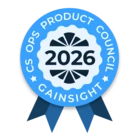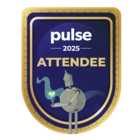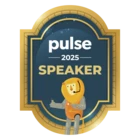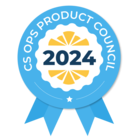This idea is very similar to this post by
As the title says, there is a very popular use case for having multiple queries within a single JO program: multiple queries allow us to have a much higher level of control over the time different audiences are brought into a program, without having to calculate and rely on wait steps (and trust them not to misfire).
Most of our programs in the advanced JO have multiple queries (usually three): Americas, EMEA, and APJ. We use the Global Region field to determine the send time for those recipients, as neither a timezone field nor a billing country are reliable methods of determining when to send an email, and having a CSM emailing a client in the middle of the night doesn’t lend to the idea that the CSM is emailing them.
We also have some programs where we have slightly different audiences (standard support clients, premium support clients) receiving monthly check-in emails, and each of those audiences uses a different query, but is still part of the same program. Bringing both of those audiences into one program and then having to filter through conditional evaluate steps will further complicate things.
We prefer to use queries in our programs to have a higher level of control over the audience and the send time. Please consider allowing us to include multiple queries, just like we’ll be able to use multiple CSVs.



